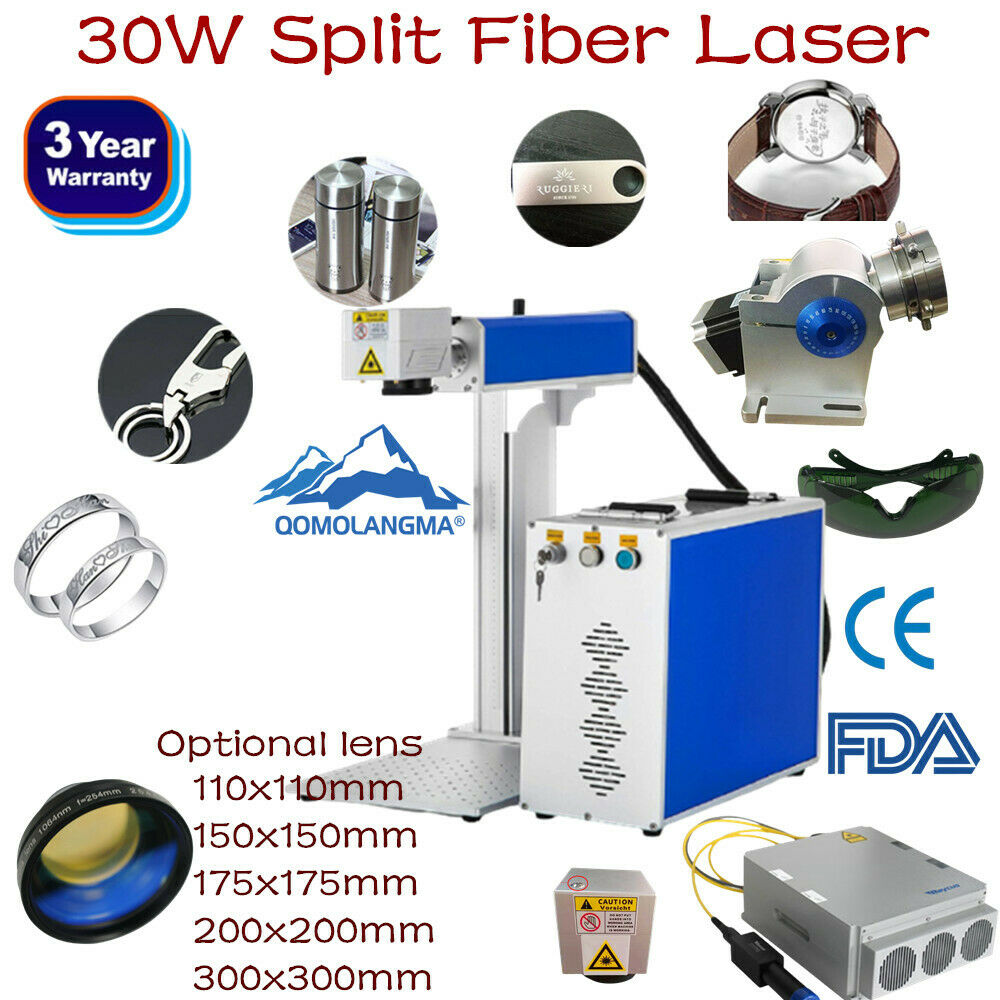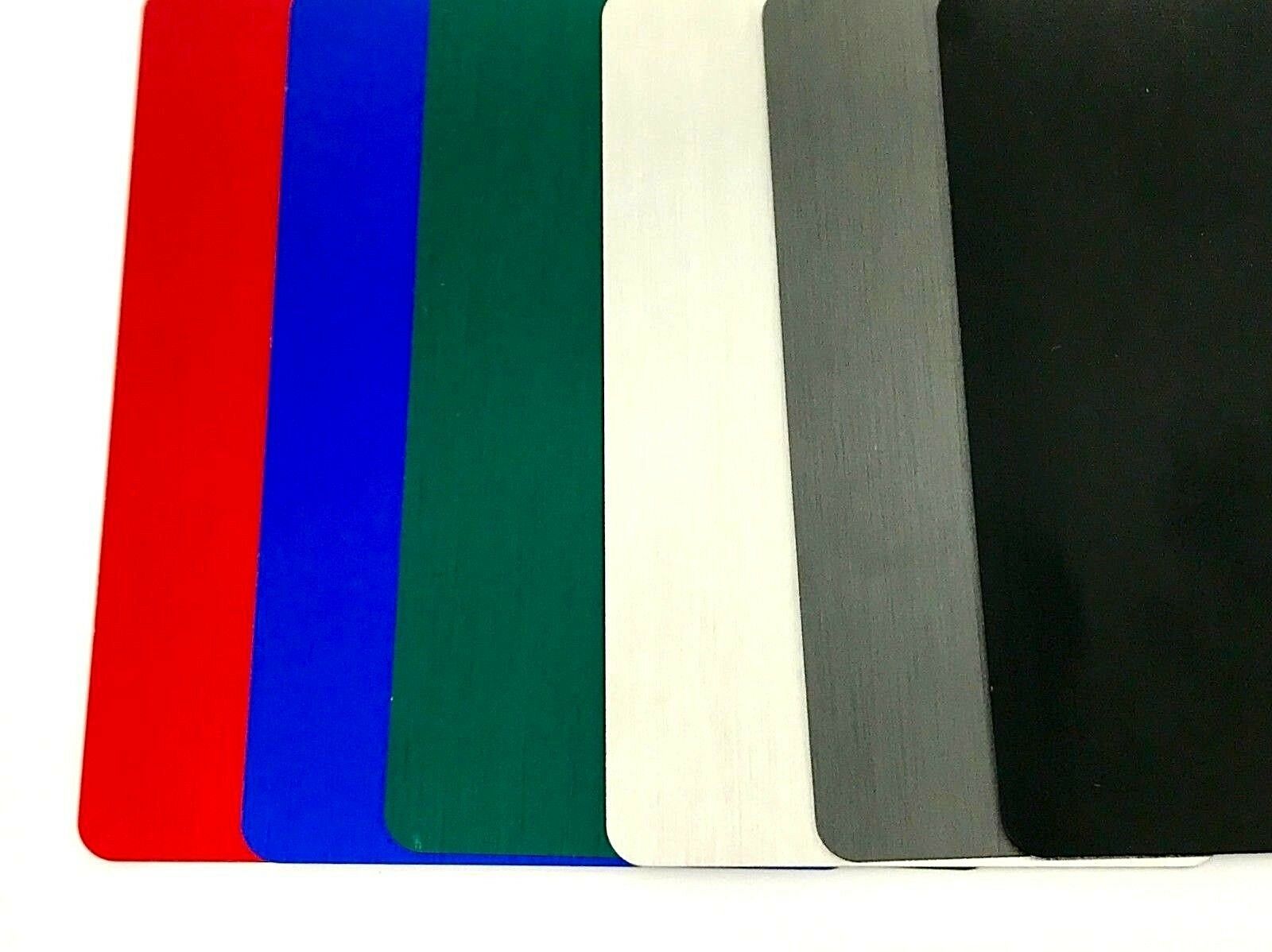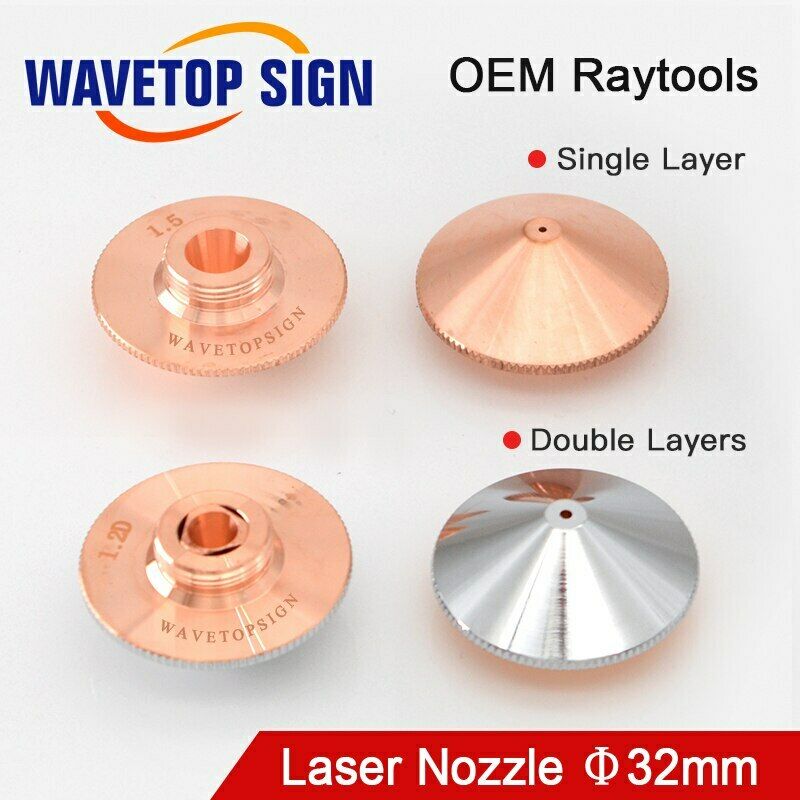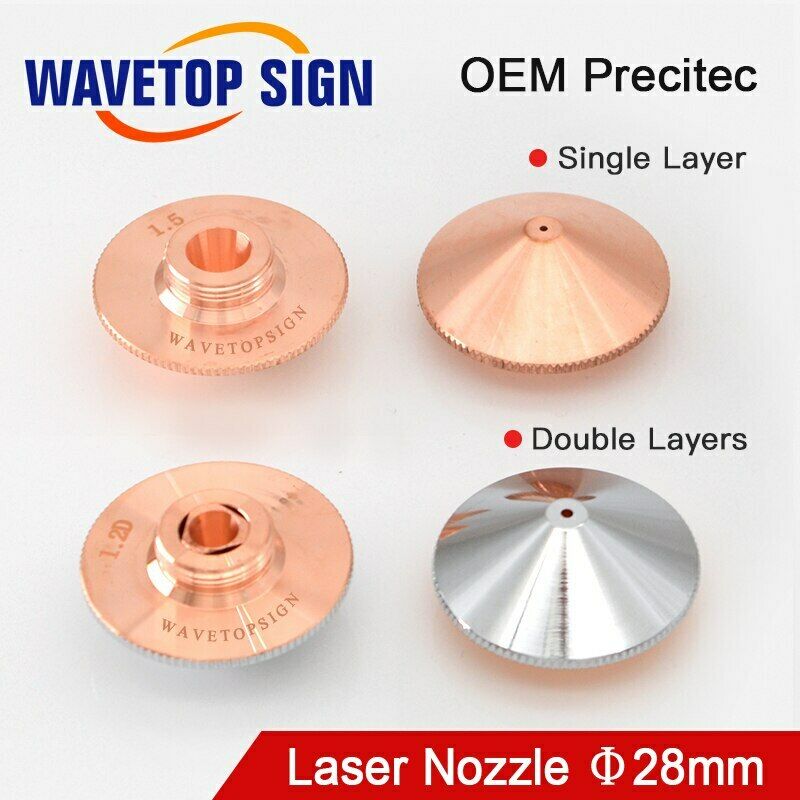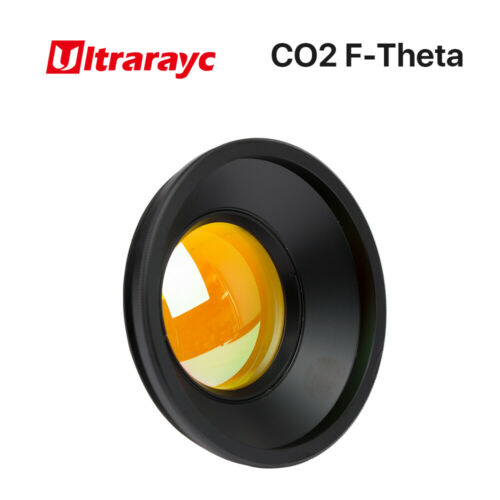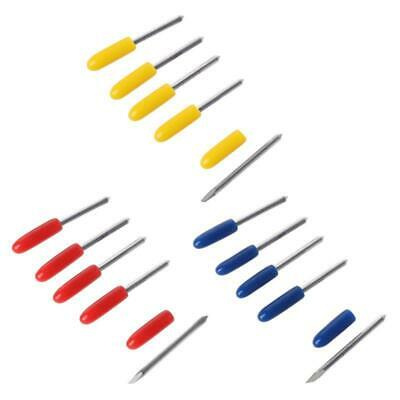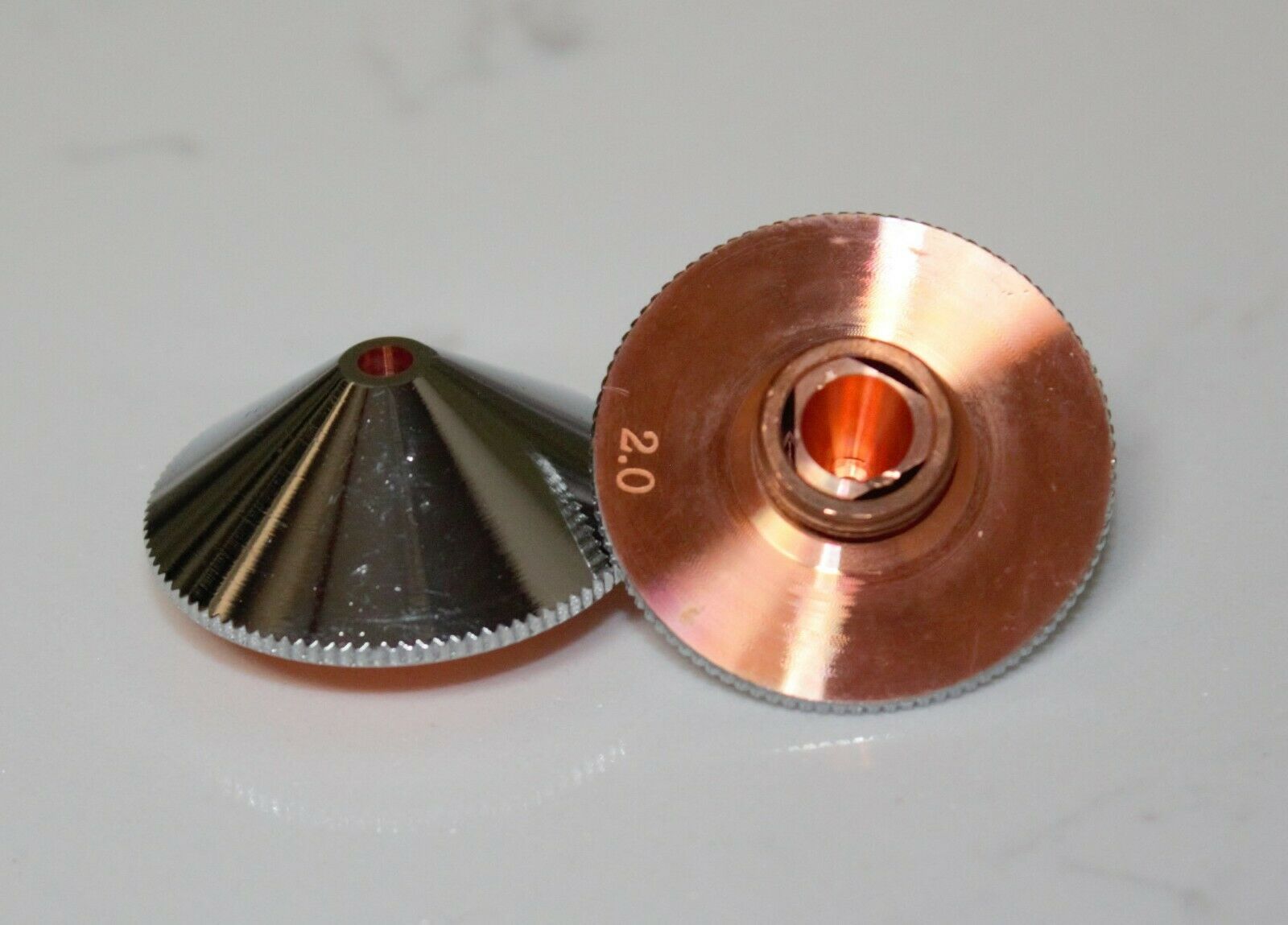-40%
Raycus 30W Split Fiber Laser Marking Machine Raycus Laser & Rotation Axis FDA
$ 2184.8
- Description
- Size Guide
Description
USA 30W Split Fiber Laser Marking Machine Raycus Laser + Rotation Axis, FDAMetal &
Non-metal
Equ
ipped
with
software(
Ezcad2
)
Board bjjcz 2.12.0 version
2 Ye
ars warranty for
Raycus Laser
The
Optional
making range
110mm x 11
0mm
150mm x 150mm
170mm x 170mm
200mm x 200mm
300mm x 300mm
Customer's Case:
US Stock, CALCA 30W Split Fiber Laser Marking Machine, Raycus Laser + Rotation Axis, FDA
The machine equip with software.
Rotary Plus is more suitable for rings, jewelry and other small diameter products.
Fiber Laser Marking Machine mainly consists of four parts: fiber laser, galvanometer scanning system, computer control system and the worktable.
Name
Origin (brand)
Remarks
Optical Laser
Raycus / MAX
Long service life, high reliability, fine beam quality
Galvo mirror
Galvo-tech (digital)
Fine marking, more quick and high reliability
F-θ lens
Wavelength
High quality optical device
Board
bjjcz
2.12.0 version
Marking software
Special marking Software (Ezcad2 software)
Powerful, simple and convenient operation, Auto-cad, CorelDraw, AI8.0, Photoshop software compatible form
Control cabinet
China
Optical fiber special cabinet, all the mold production, high seal
Feature:
1. Optical Fiber Laser, environment friendly, easy maintenance.
2. Life of the laser can be up to 100000 hours.
3. Small volume and weight, less than 35KGS.
4. Easy operation software, compatible with PHOTOSHOP, CORELDRAW, AUTOCAD
5. Runs without consumable spare parts, no need maintenance, great for continuous working.
6. Computer System Requirements: Win7, Win8, Win10
Specification Form
Model
LMM-F-30W-S
Fiber Laser Source
Raycus
Output Power
30W
Laser wavelength
1064nm
Modulation frequency range
40-60kHz
Speed
0-8000mm/s
Precision
0.001mm
Minimum line width
0.01mm
Minimum height of characters
0.05mm
Cooling way
Air cooling
Marking range
175mm x 175mm (6.9in x 6.9in)
Laser power supply
0.5KW, 110V / 60HZ
Software
Auto-cad, CorelDraw, AI8.0, Photoshop software compatible
Rotary device
Yes
Weight
35kg (77lbs)
Computer System Requirements
Win7, Win8, Win10
Details:
1.The galvanometer scanning system is made of optical scanner and servo control of two parts, the whole system adopts new technology, new material, new design and manufacturing.
2.The smallest volume, suitable for harsh environment, friendly interface, easy operation.
3.Adopts the high quality, high energy, high stability fiber laser source, prime precision optical galvanometer assembly and the industry’s top software.
4.Compact, lightweight, simple interface, flexible and adjustable processing direction.
5.The master switch, red light switch and galvanometer switch,
6.High precision scale
7.Rotary axis is included, you can mark on regular cylinder or inside / outside ring.
Application Industry:
Jewellery, Keyboards of cell phone, Auto parts, Electronic components, Electronic appliance, Communication apparatus, sanitary wares, buckles, kitchenware, Sanitary equipment’s, Hardware tools, Knife, Glasses, Clock, Cooker, Stainless steel products etc.
Application:
Fiber Laser Machine Applied Materials
Metal
Non-metal
Aluminum
Makrolon Polycarbonate
Stainless Steel
Black / White ABS
Copper
Nylon
Silicon Steel
Polysulphone
Yellow Chromate Aluminum
Rynite PET
Brass
Santoprene
Nickel Plated Brass / Gold / Kovar / Steel
Sillicon Carbide
Nickel Plated 1215 Mild Steel
Glass Filled PTFE Coated Fiberglass
Hard Coat Anodized Aluminum
White PEEK
Machine Tool Steel
Glass Filled PEEK
Metal Plated Ceramics
Silicon Wafers
Magnesium
Carbon Nanotube
Molybdenum
Colored Delrin
Carbon Fiber / Carbon Nano tube
GE Plastics Polycarbonate Resin 121-R
Clear coat anodized aluminum
Polybutylene Terephthalate
Cobalt Chrome Steel
Compacted Powder Iron / Iron Phosphate Coating
1. Aluminum
Aluminum is one of the most commonly marked substrates, and we use it in many industries. Typically, with lighter marking intensity, aluminum will turn white. anodized aluminum looks good , but white marking is not ideal for bare and cast aluminum. More intense laser settings provide a dark grey or charcoal color. Each DLM fiber laser engraving machine is capable for aluminum marking. The ideal system for your application depends on your laser marking requirements. Ablation is the most common marking technique for anodized aluminum, but some people call for etching or engraving.
2. Brass and copper
Brass and copper have high thermal conductivity and thermal transfer properties. So we use it for wiring, printed circuit boards and pressurized flow meters. Their thermal properties are ideal for laser marking systems for metal because the heat is quickly dissipated. This reduces the impact the laser can have on the structural integrity of the material. Every DLM fiber laser engraving machine is capable of marking on brass and copper and the ideal system for your application depends on your marking requirements. The best marking technique depends on the finish of the brass or copper. Smooth surfaces can offer a soft polished marking affect, but also can do annealed, etched, or engraved. Etching or engraving is best in order to provide readability by humans and machines. In some cases a dark anneal can work, but surface irregularities can cause reduced readability.
3. Tungsten and Carbide
Tungsten and Carbide are two of the hardest metals on earth and are widely used in tooling and cutting applications. Another popular segment for these substrates is wedding bands for men. Tungsten and carbide are receptive laser marking metals and laser engraving metals. Each and every DLM Laser series is capable of marking on tungsten and carbide and the ideal system for your application depends on your marking requirements. For carbide, because of the darker color it naturally has, getting a contrasting mark is rather easy with even light laser intensity. A white color is most common when polishing or annealing carbide and the contrast is extremely good.
4. Chrome
Chrome plating provides a stylish and sophisticated finish, and usually requires minimal laser intensity to remove or get through the plating. we need take ensure the marking happens on the surface only, with no impact to the chrome plating.
